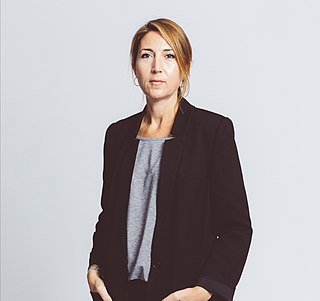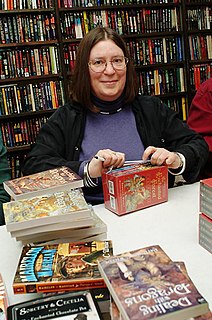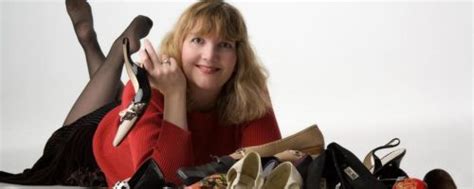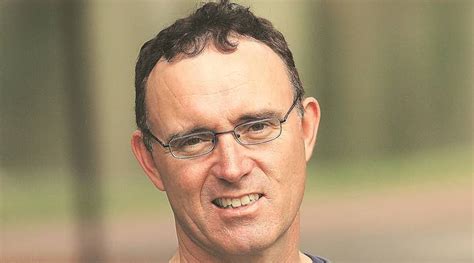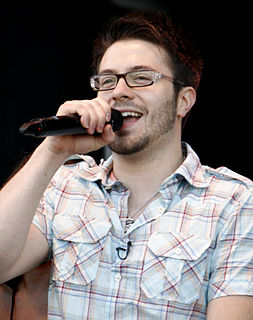A Quote by Lisa Jewell
I knew I wasn't the sort of person who could do a full-time job and write in the evening and at weekends.
Related Quotes
I loved getting my M. B. A., and I really enjoyed being an accountant and financial analyst before I quit my day job twenty-five years ago to write full time. I just liked writing more…plus, I knew even then that as a full-time writer, I'd get plenty of chances to do business-type stuff, while as an accountant, I probably wouldn't get a lot of opportunities to write about dragons.
I always knew I'd keep at it with the plodding doggedness that I used to master lump-less gravy and wriggle out of fitness classes; I always knew I'd get a zillion rejection slips. I figured I'd write part time while working various full-time office jobs, and maybe, maybe in my 50s, I'd be able to quit and try writing full time.
I write like anyone involved with a family and a full time job: in stolen moments. I've had to adapt because I have so little writing time, so I write while dinner bubbles on the stove, and get away to cafes when I can. It is good to have a small laptop to haul around. I wish I could admit to bizarre writing habits, you know, like "I can only write in the presence of my favorite pet elephant, who is my fount of inspiration," but the truth, alas, is far more mundane.
I was working full time and going to school at night and on the weekends. It was just crazy. At one point a month had gone by, and Marc - my then boyfriend, now husband, and I hadn't gone out on a date. I was like, I don't want to be this person. I want to be a person who cares where she's investing her time and energy. And I want to be a good wife, daughter, and friend.
I really believed music was going to be a big part of my future, and that's why I took a truck driving job, so I could maintain my singing job at night. I put about 30 hours a week just for singing, going between two churches. And in order to afford that, I had to take a full time job so I could do my passion.
I like to believe that I don't think of myself as a writer. I am an amateur. Back when I was teaching, I wrote when I could. Weekends were good typewriter time. Now, it's whenever I feel there's something to be put on paper. I don't care what time it is, though I always write in the notebooks at night.
I had a lot of great lakes of ignorance that I was up against, I would write what I knew in almost like islands that were rising up out of the oceans. Then I would take time off and read, sometimes for months, then I would write more of what I knew, and saw what I could see, as much as the story as I could see. And then at a certain point I had to write out what I thought was the plot because it was so hard to keep it all together in my head. And then I started to write in a more linear way.
